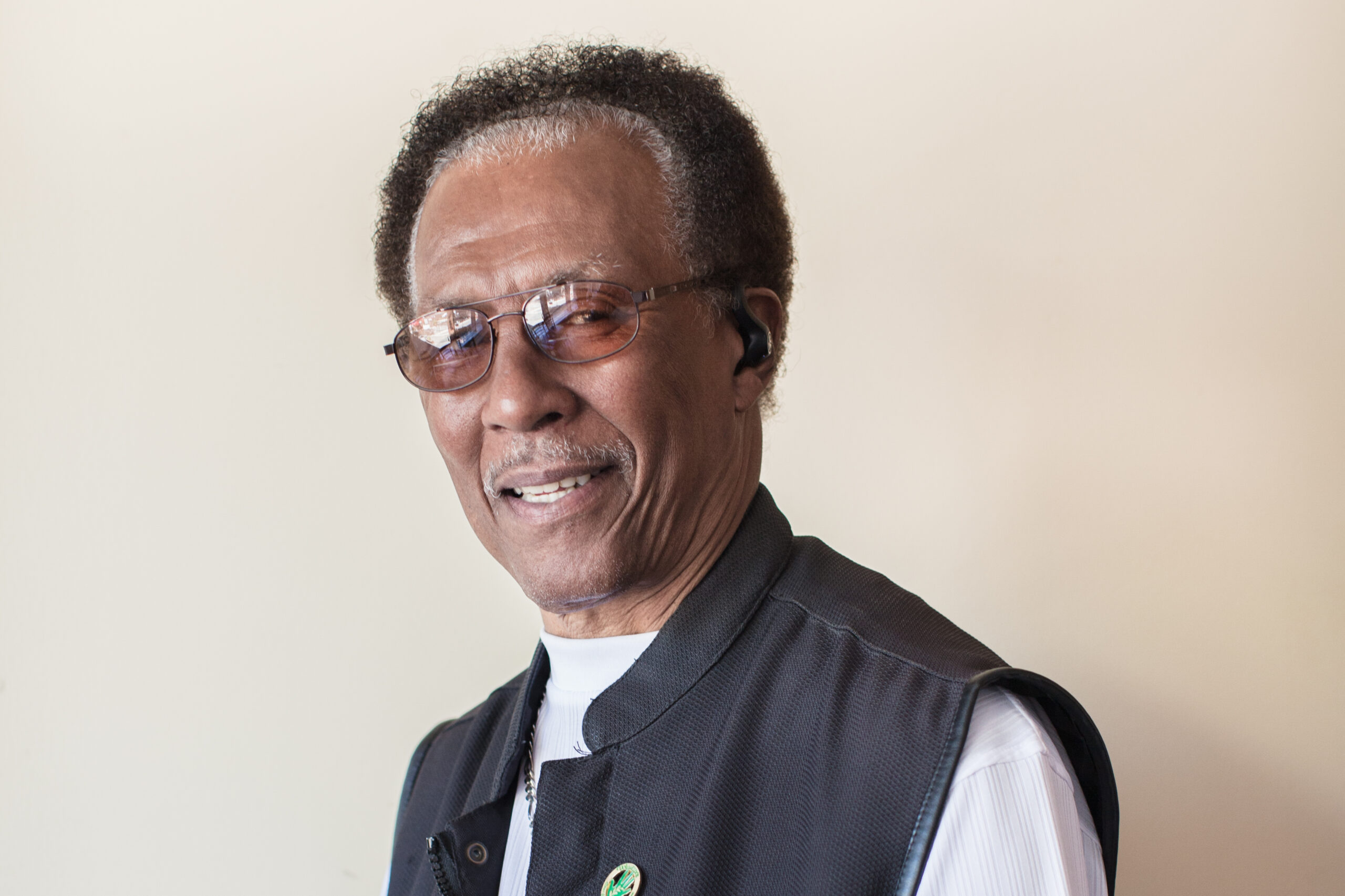In the early morning hours of December 2, 1967, a lone man entered the Giles Food Market in Baltimore, Maryland, purchased two bags of
groceries and left the store carrying one in each hand. He returned a few minutes later to rob the store and kill Robert Brewer, a store manager. Witnesses who observed the crime from a car parked outside the store reported it to a nearby patrolman who arrived as the perpetrator ran from the store. The officer chased him for a few blocks and shot at him twice but was not able to apprehend him.
Walter Lomax became a suspect when he went to the police station voluntarily on December 12, 1967 because he had heard there was a warrant for him and wanted to find out why. There was no warrant for Walter, but later that day police picked up his brother Michael on a warrant for non-payment of child support. Over the next two days police placed the brothers in several unconventional mass line-ups where witnesses to a wave of recent crimes were asked to identify suspects. Some of the witnesses to the Giles Food Market crimes identified Walter from those line-ups. Others did not. With no other evidence tying him to the crime, police arrested Walter and charged him with several other crimes as well. He was not involved in any of them – as a matter of fact, at the time of the crime, he was recovering from an injury that would have made it impossible for him to commit these crimes. There was no physical or forensic evidence to implicate him, nonetheless, he was convicted based on eyewitness testimony.
Walter entered prison illiterate, but during his 39 years of wrongful incarceration he earned a college degree, became editor of the prison
newsletter, and wrote and published books of poetry. Because Walter was a model inmate, he earned the privilege of participating in the Work
Release Program where he was awarded “Employee of the Month.” He completed 54 home visits to help care for his father without incident.
While still incarcerated, he worked with other inmates on a bill presented in the Maryland legislature to end the requirement for the governor to
approve parole for all inmates serving life sentences.
Convinced of his innocence, the Centurion Innocence Project committed to working on Walter’s behalf in 2001. Jim McCloskey reinvestigated the case seeking new evidence to support a Post Conviction Relief petition. Working with Baltimore attorneys Larry Nathans and Booth Ripke a petition was filed to Judge Gale E. Rasin who granted a hearing and then vacated his conviction based on actual innocence and ineffectiveness of counsel. She ordered him freed with Time Served in December 2006, 39 years after his wrongful conviction. Among the reasons Judge Gale E. Rasin cited in the decision were evidence of actual innocence and ineffective counsel both at trial and in the earlier post-conviction proceedings. Walter was eventually exonerated in 2014 after the State’s Attorney’s Office reinvestigated the case and found exculpatory evidence only available to the State. Walter was rewarded compensation from the Maryland Board of Public Works in 2020 for wrongful incarceration.
Today Walter is the founder and Executive Director of the Maryland Restorative Justice Initiative, a non-profit organization with a mission to advocate and promote humane and sensible criminal Justice and sentencing policies for those incarcerated long term in Maryland prisons. He is widely recognized for his long-term advocacy to removed the Maryland governor from the parole decision making process for people with life sentences – a legal change which finally happened in early 2022.

